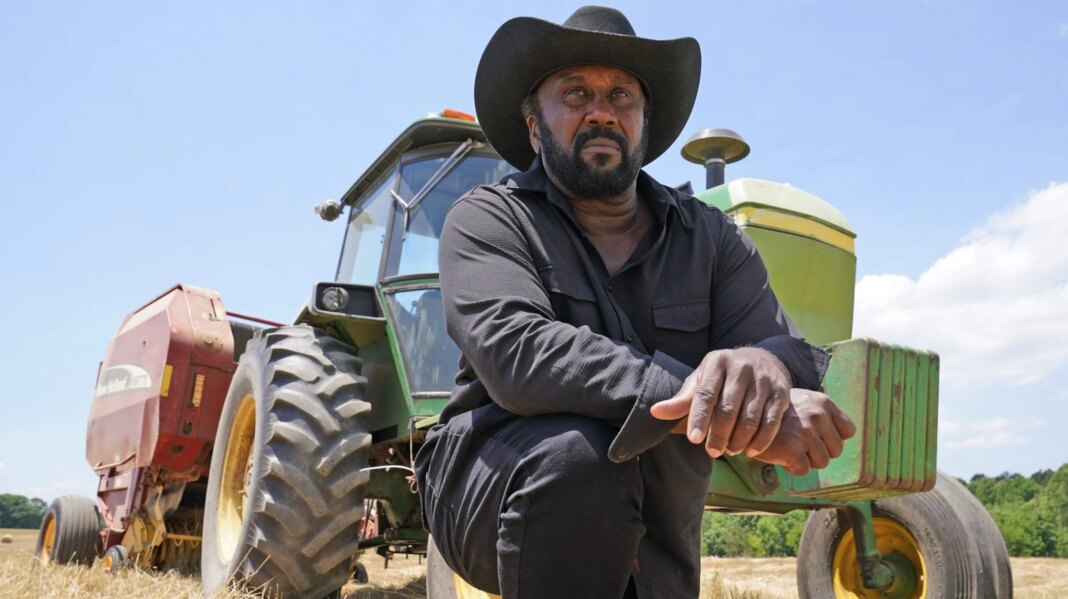White farmers are expressing their outrage with the White House following President Donald Trump’s announcement that the U.S. will invest in Argentina’s beef industry. This move threatens the stability of the cattle market in the United States, a sector already grappling with numerous agricultural and economic challenges.
Trump’s proposal to infuse $20 billion into Argentina’s beef sector aims to lower prices for U.S. consumers. On a recent Sunday, he stated, “They’re fighting for their lives.” However, many farmers view this initiative as a dangerous “betrayal.” Advocacy groups argue that by diverting resources to Argentina, the administration is neglecting American ranchers who have long struggled with declining profits.
Critics, notably the nonpartisan farmer-led watchdog Farm Action, point to a history of negative impacts resulting from recent policy decisions: “After crashing the soybean market and gifting Argentina our largest export buyer, he’s now poised to do the same to the cattle market.” This sentiment reflects the growing frustration among American farmers who feel abandoned by their government.
For Black farmers, the economic struggles faced by white farmers are not a new phenomenon. Racial discrimination within the U.S. Department of Agriculture has left Black farmers at a significant disadvantage for decades. They have also faced significant cuts to programs essential for their survival during the Trump administration. Thus, the current challenges confronting white farmers resonate deeply with Black farmers who have been advocating for equity and support for years.
As some white farmers find themselves vulnerable to losing their livelihoods, parallels are drawn to the plight of Black farmers. John Boyd, president of the National Black Farmers Association, describes the situation starkly: “He’s treating white farmers like Black farmers now. He got us all in here together, getting nothing. It’s new territory for them.” With many farmers on the brink of collapse, Boyd warns of a looming crisis: “You’re going to see a lot of farmers go under.”
Boyd emphasizes the need for Black farmers to seize this moment as an opportunity to reorganize and build a more sustainable future. He urges the community to pool resources to purchase land, a valuable asset that continues to appreciate despite economic turbulence. “If you can afford a raggedy Cadillac or an SUV, you can afford five acres in the country,” he asserts, promoting grassroots investment in agriculture.
Moreover, Boyd calls on affluent Black Americans to take an interest in farmland acquisition. He sees the potential for wealth creation so long as collective efforts are made. Referring to influential figures like BET founder Robert “Bob” Johnson, he advocates for partnerships that could facilitate significant agricultural investments: “We need a private equity firm… that’s the type of plan I would like to see happen in this country.”
Ironically, many white farmers who supported Trump during the 2024 election are now grappling with feelings of betrayal. Boyd reflects on this sentiment, suggesting that they might feel naïve about their allegiance to a leader who has failed to protect their interests. “Does this feel bad enough for you to look the other way and give some other candidates a chance?” he questions, challenging their political choices.
As the agricultural landscape shifts, Boyd presents a crucial query to Black Americans: “Do we keep harping on the past about what didn’t work, or do we keep letting this president dump on us?” His vision for Black farmers includes establishing a robust infrastructure that enables them to cultivate and distribute products independently, addressing longstanding food deserts and economic inequities.
“Our own infrastructure. Trucking, refrigerated box cars. These are things that we can put together,” he insists. This proactive approach signals a pivotal shift in how Black farmers can navigate a complex agricultural environment, using innovation and collaboration to forge their path amidst adversity.
Boyd asserts that the current political climate under Trump necessitates a revolutionary mindset among Black farmers. “We’re getting our a— kicked,” he acknowledges, but he also sees resilience as a cornerstone for future success in farming communities.



